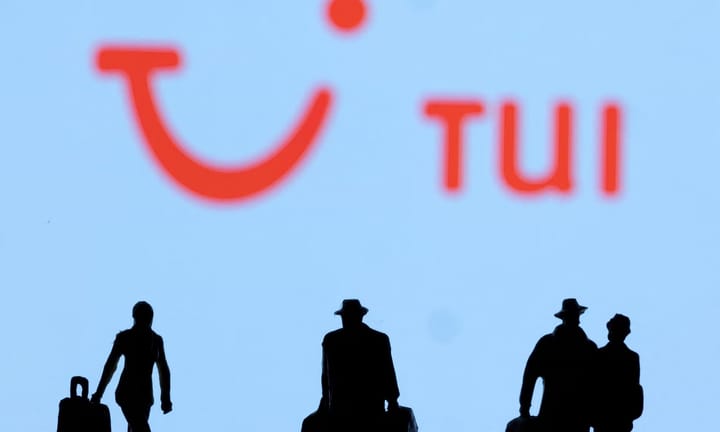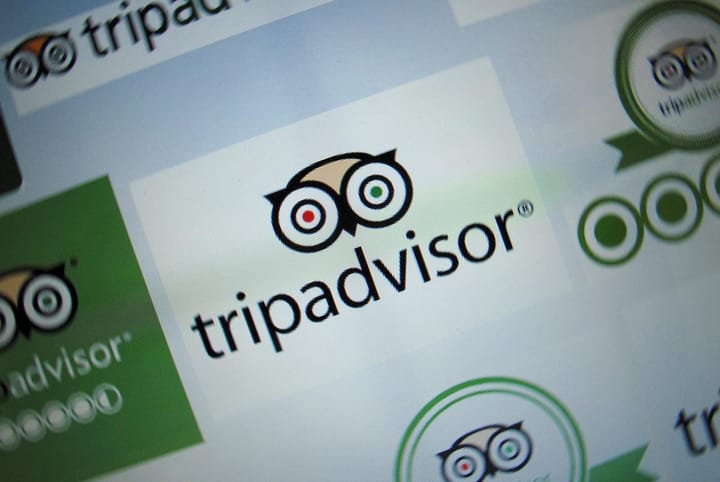Combating coronavirus – Keeping your car clean and germ-free


- New car technology can help prevent diseases from spreading in cars and other vehicles.
Beijing, China – 25 February 2020 – The outbreak of the deadly coronavirus (COVID-19) in China has created a new focus on ways automakers can stop the spread of diseases. New car technology can help prevent diseases from spreading in cars and other vehicles.
One such company in the U.S. is using UV-C light to eliminate germs. The surfaces in cars can be contaminated with germs, bacteria and pathogens. Grēnlite UV Angel technology from GHSP is a patented system of integrated smart sensors that treats the interior surfaces of a vehicle with UV-C light.
“UV light used for disinfection technology is not new, it’s been around since the 1900s,” says Aghuinyue Umenei PhD, Principal Engineer, Innovation at GHSP. “UV light when used for disinfection disrupts the DNA of bacteria.”
“Grēnlite UV Angel is a combination of sensors, algorithms so that we can control how we run UV-C light and for how long. The sensors detect who is there and where they are so that we can direct the light to places where we need to disinfect. Places where we don’t need to disinfect, we don’t put the light. When we want to clean the whole cabin we want to make sure that there is nobody in there, making sure that we don’t affect humans,” says Umenei, who notes that it is not safe to look directly at UV-C light.
Can Air Cabin Filtration Prevent the Spread of Germs and Viruses in Cars?
When Elon Musk revealed Bioweapon Defense Mode on the Tesla Model X, he said: “The air cleanliness level is comparable to a hospital operating room. When Bioweapon Defense is operating at max, we can’t even detect any virus, bacteria or spores.”
Later, Tesla claimed that the Bioweapon Defense Mode filter is 100 times more effective than premium automotive filters because it removes fine particulate matter, gaseous pollutants, bacteria, viruses, pollen and mould spores. The HEPA filter sells for $500 and comes with Bioweapon Defense Mode firmware.
Fighting Back Against the Coronavirus
Geely Motors operates a factory in the area of China that has been deeply affected by the coronavirus. Its G-Clean Intelligent Air Purification System (IAPS) will now be installed in all production vehicles from March 2020. The system detects gases such as formaldehyde, odours and pollutants that are absorbed by a carbon chemical filter.
A negative ion generator sterilizes and deodorizes in vehicle pollutants and “aims to remove in airborne viruses, bacteria, fungi, and moulds, etc, achieving the same level of air-filter as an N95 respiration system,” claims the company.
The Food and Drug Administration rates N95 as blocking at least 95 per cent of very small (0.3 micron) test particles. However, air filtration systems may not be the best ways to stop the spread of coronaviruses.
The Centers for Disease Control (CDC) says the current strain of coronavirus (COVID-19) is believed to be primarily spread from person-to-person and between people who are in close contact with one another (within about 6 feet/1.82 metres).
It can spread when an infected person coughs or sneezes and the droplets reach the mouths or noses of people who are nearby or possibly be inhaled into the lungs.
It may be possible that a person can get Covid-19 by touching a surface or object that has the virus on it and then touching their mouth, nose, or possibly their eyes, but this is not thought to be the main way the virus spreads, reports the CDC.“
Even when you have an air filtration system in a vehicle, viruses can be airborne before filtration or on surfaces in the cabin. Although the Tesla system is very advanced and works extremely well, it would be virtually impossible to eliminate all of the pathogens in the automobile before you enter it.
“Furthermore, when you enter a closed space you introduce bacteria and viruses to that space as they are ubiquitous in our environment.”
That’s according to Dr Corey Hebert, Chief Medical Officer, Dillard University; Assistant Professor at Louisiana State and Tulane Universities; CEO, College Health TV; Chief Medical Editor, Black News Channel and WDSU NBC-TV.
Dr Hebert advises: “The most important ways to prevent infection including coronavirus and flu are not to touch your face and to wash your hands with water and soap.”




Comments ()